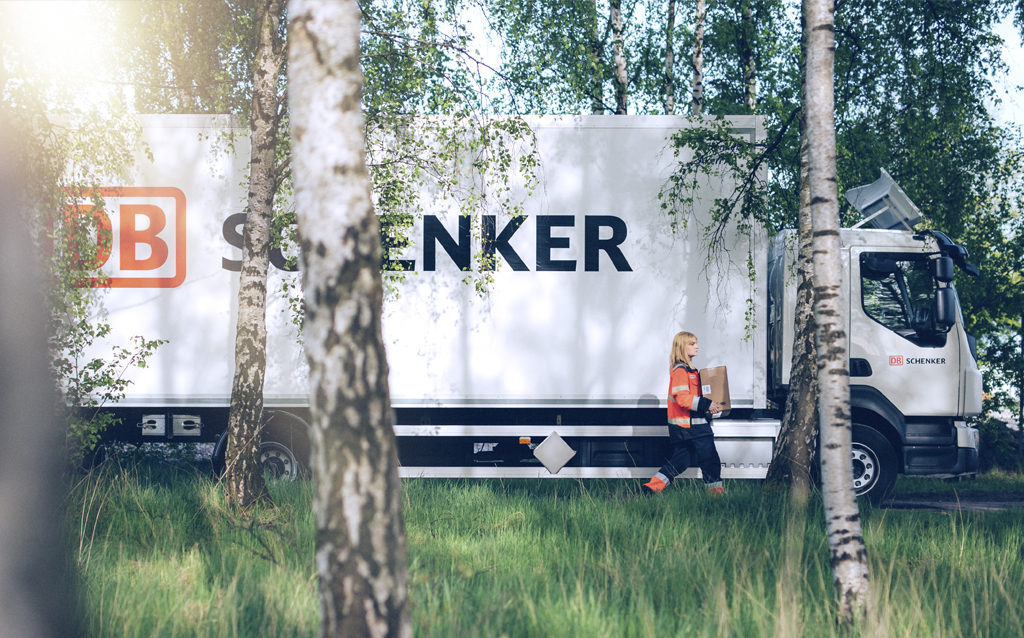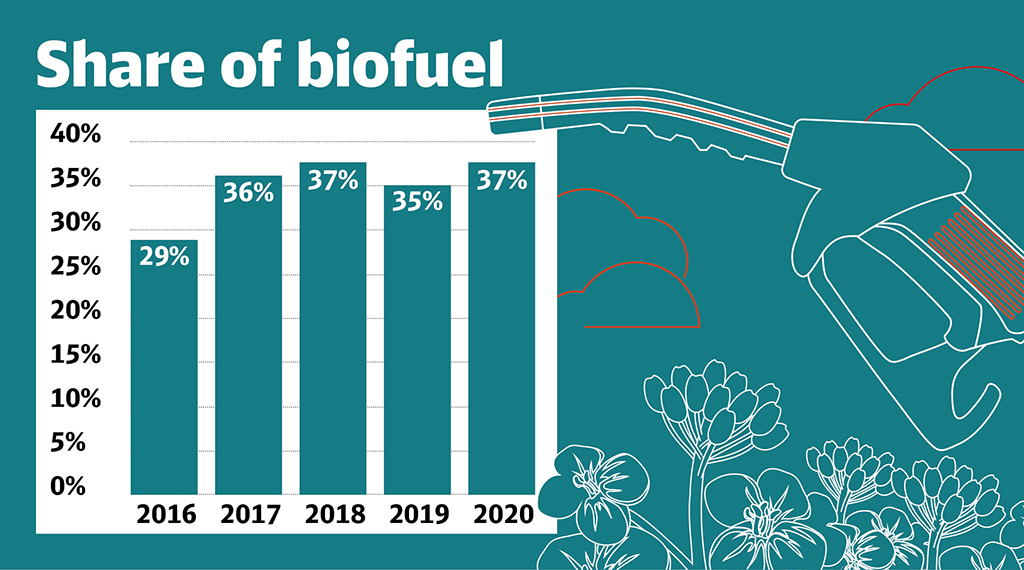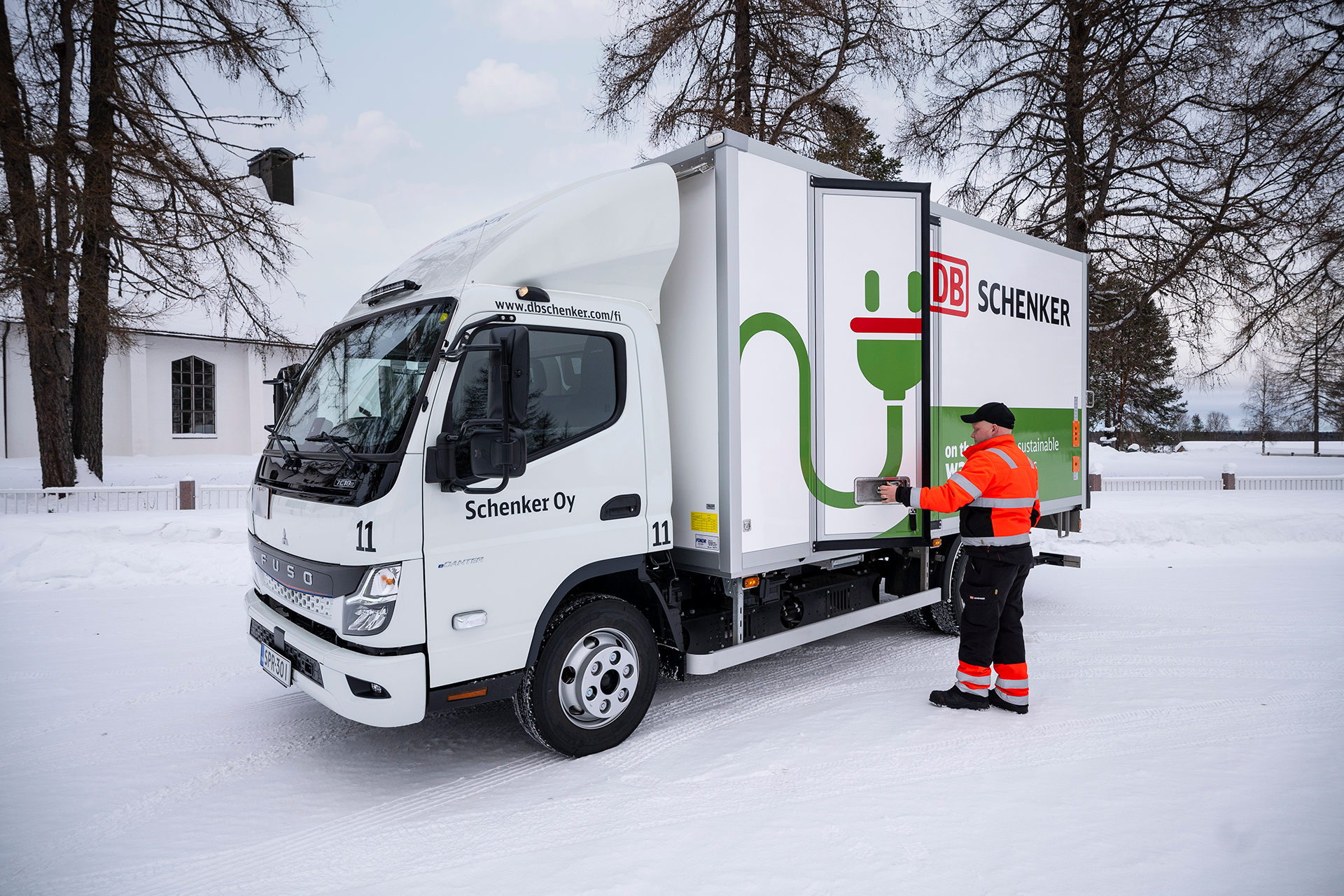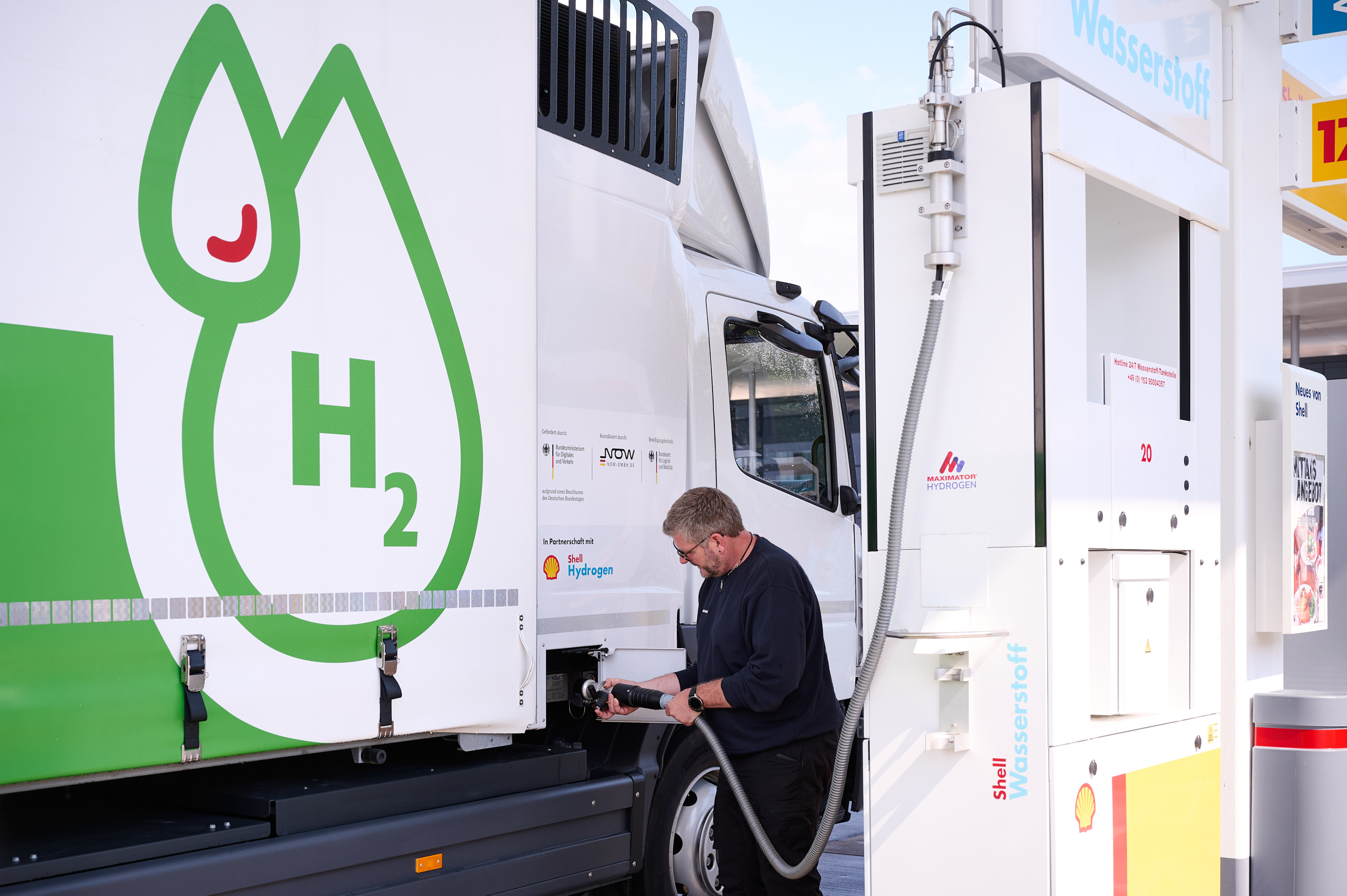DB Schenker began its journey toward reducing emissions many years ago. Our Swedish land transport operations have more than halved their emissions over the past decade.

Nevertheless, we have not crossed the finish line yet: With a clear link between global warming and the combustion of fossil fuels, it is crucial that we reduce the use of fossil fuels as quickly as possible.
Efforts to replace fossil fuels are being made on an increasingly larger scale and investments in renewable fuels such as biodiesel, biogas, renewable electricity, and green hydrogen are increasing every year. Biodiesel can be used to operate conventional combustion engines, liquefied biogas can power LNG trucks, and biofuel is even used in aviation. The different types of biofuels used by Schenker are all produced from renewable sources such as household waste or agricultural waste. In 2020, DB Schenker in Sweden used 37% biofuel in place of regular diesel.
The use of biofuels has lowered emissions as expected. Although biofuels will not help us achieve the ultimate goal of zero emissions, they can be used side by side with the electric drive systems that are increasingly being employed in various types of vehicles. It is possible to go fossil-free with the aid of biofuels, but a transition to electric and hydrogen-powered vehicles will be necessary if we are to achieve our goal.
The level of development of various fossil-free and zero-emission alternatives differs. The prerequisites, such as infrastructure and vehicles, are not as well developed for the zero-emission hydrogen and electricity alternatives, which means that biofuels will continue to play an important role over the coming years.

Regulations ensure traceability
When talking about biofuels, one important aspect that needs to be considered is the traceability of agricultural residue. For example, if the residue used for biofuel production is PFAD (palm fatty acid distillate), which is a byproduct of palm oil production, how can it be ensured that no deforestation has occurred? In order to address this issue, the European Union and Sweden have implemented numerous regulations. Put simply, the production of biofuels needs to be fully traceable and also certified. Strict requirements help a great deal here because they make it more difficult to provide misleading figures for the climate impact of the raw materials in question.




